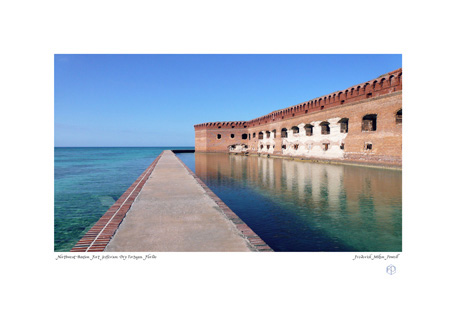

Gebler’s reference is, of course, an ironic one. From the Western Europeans and North Americans who visited Bolshevik Russia after 1917 to the so-called “Sandalistas” in Nicaragua before Violeta Chamorro’s electoral victory, people have flocked to the places where they thought they would see the future in action.


This last reference is, presumably, to the German writer Hans Magnus Enzensberger’s great essay exposing the gullibility of radical visitors to revolutionary societies and the skewed tales they bring home with them. Traveling with my family, I was a tourist of the revolution.” I saw the country from behind a car windscreen. I was only one observer and I took my own cultural baggage with me. More royalist than the king (that is, more revolutionary than the Cuban people), they are not, at least as Gebler portrays them, very much to be trusted.Īt the beginning of his book, Gebler is at pains to point out that, as he puts it perhaps too self-deprecatingly, “My perspective on what I saw was very limited. It is a sentiment that Gebler heard often during his stay.Įven those defenders of the regime whom he met seem oddly defensive, and the most eloquent partisans of the regime turn out to be a group of foreign sympathizers who live in Havana. “I am not a Communist, but I say nothing,” a man tells him in the Sierra Maestra, the first stronghold of Castro’s July 26 movement.
#WASHINGTON THE LAST BASTION FULL#
The Cuba that Gebler describes is not the country of unflinching revolutionaries so rhapsodically described by foreign visitors in the ‘60s and ‘70s, so much as a sullen, miserable place full of police spies and resignation. From his account, however, the handwriting was already on the wall. This is a far cry from the days when the island not only presented itself but was widely perceived abroad as the standard bearer of revolution throughout the Third World.Ĭarlo Gebler’s engaging book, “Driving Through Cuba,” was written before either the full extent of the changes in the Communist world or their impact in Cuba were apparent to anyone. In a recent speech, Fidel Castro noted the repudiation of Marxism in Eastern Europe and grimly affirmed that it might be Cuba’s destiny to be the last standard bearer of authentic communism in the world. Today, instead of prizing Cuba as the East bloc’s Sparta, the Soviets are murmuring about cutting back their aid, while in Havana Moscow News is now banned. Perestroika and the collapse of the Soviet Union’s external empire has seen to that. If Israel’s reputation has been dented a bit since the onset of the Intifada, Cuba’s has all but crumbled away entirely. There is an old joke-which, for a time, had the rare distinction of appealing both to official Washington and to official Moscow-that claimed there were only two superpowers left in the world: Israel and Cuba.


 0 kommentar(er)
0 kommentar(er)
